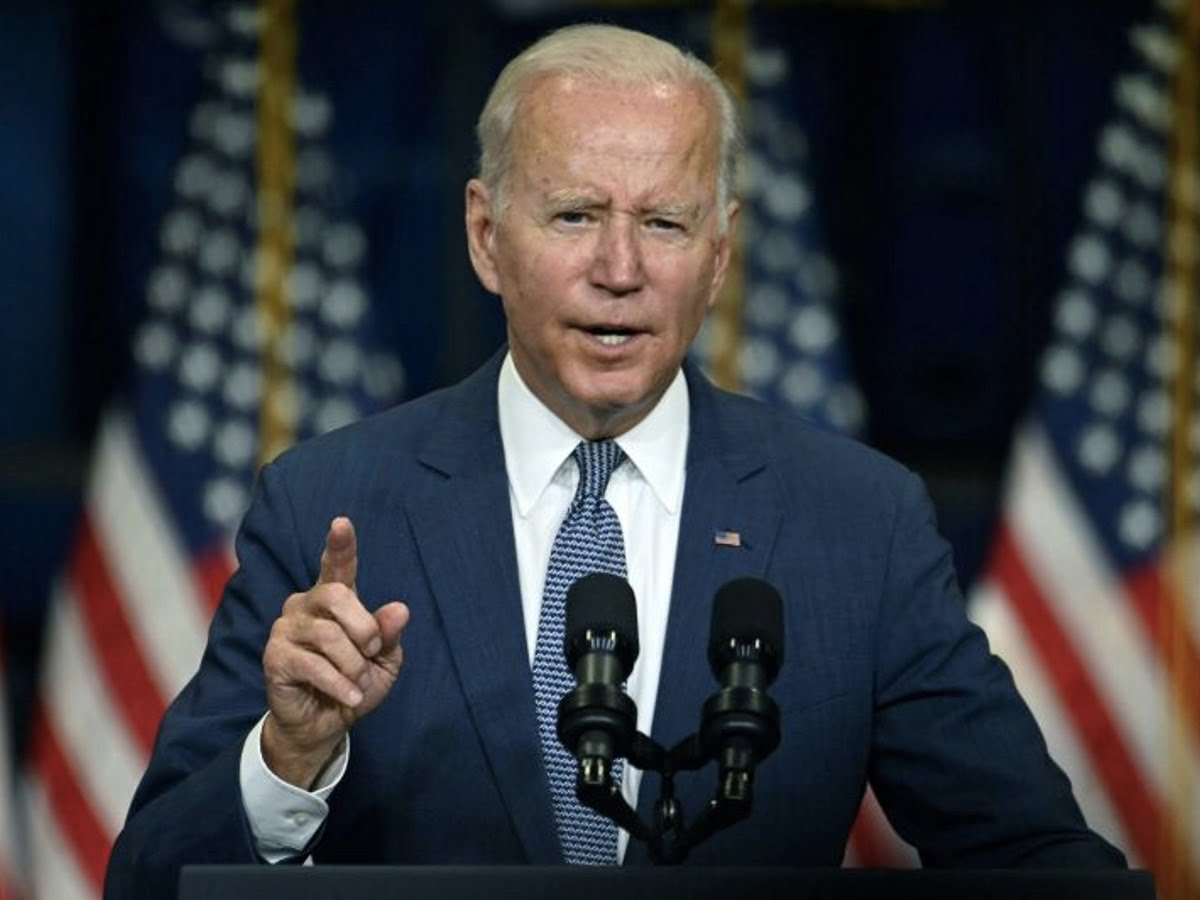
WASHINGTON – The country’s return after last week’s international climate summit in Glasgow raised mixed emotions within the government and public.
On the one hand, the country’s attendance at the international climate summit provided an increased appreciation for the government to lessen its carbon footprint. On the other hand, there is also real skepticism about America’s capability of fulfilling its commitment.
Most of the focus falls on the reduction policies and reconciliation packages promised during the international climate summit.
Representative Sean Casten raised concerns about why the United States did not sign the pledge to stop financing coal plants. Casten asked, “how much are the commitments of the United States going to be durable if the House flips to be controlled by people who deny science?”
Casten continues by asking what would happen if the country received a leader who believes “the laws of physics are negotiable.”
House leaders will vote on a budget reconciliation package this week, including climate-related spending, tax incentives, and higher fees for oil and gas operations. This package also includes a new program to limit the methane emissions from these operations.
However, even this revised and compromised version of the package faced resistance from Republicans and Democrats engaged with the fossil fuel industry.
House Speaker Nancy Pelosi intends to remove these subsidies to remove any financial incentives for oil companies to drill.
More importantly, the US lawmakers already faced heavy skepticism in the news conferences at Glasgow, questioning how credible the United States’ new stance is.





